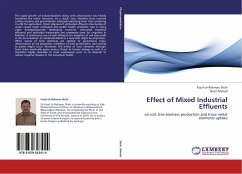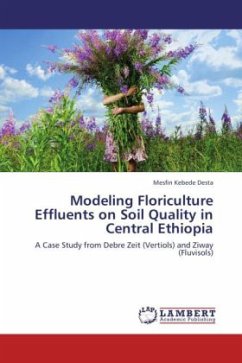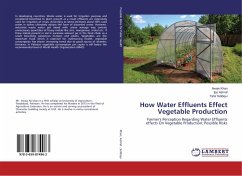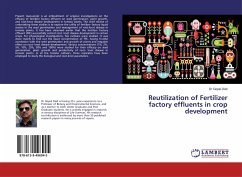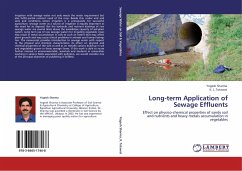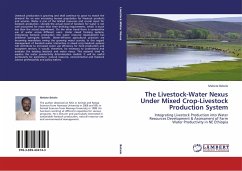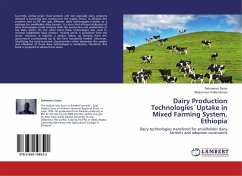The rapid growth of industrialization along with urbanization has heavily burdened the water resources. As a result, toxic elements have reached surface streams and groundwater adversely impacting land, thus rendering it unfit for agriculture. Direct disposal of untreated effluents into bodies of water causes major ecological and public health problems. Like in many other developing/under developing countries, untreated industrial effluents and municipal wastewater are commonly used for irrigation in Pakistan. A continuous use of such effluents for irrigation of soil may result in the accumulation of metal/metalloids to a level that might be phytotoxic. When excess of toxic elements are applied to agricultural crops, deterioration of soil properties, inhibition of seed germination, and toxicity to plants might occur. Moreover, the intake of toxic elements through food chain eventually poses serious threat to human beings as well. It is therefore highly desirable to treat wastewater prior to its disposal to reduce negative impacts in the ecosystem health.
Bitte wählen Sie Ihr Anliegen aus.
Rechnungen
Retourenschein anfordern
Bestellstatus
Storno

